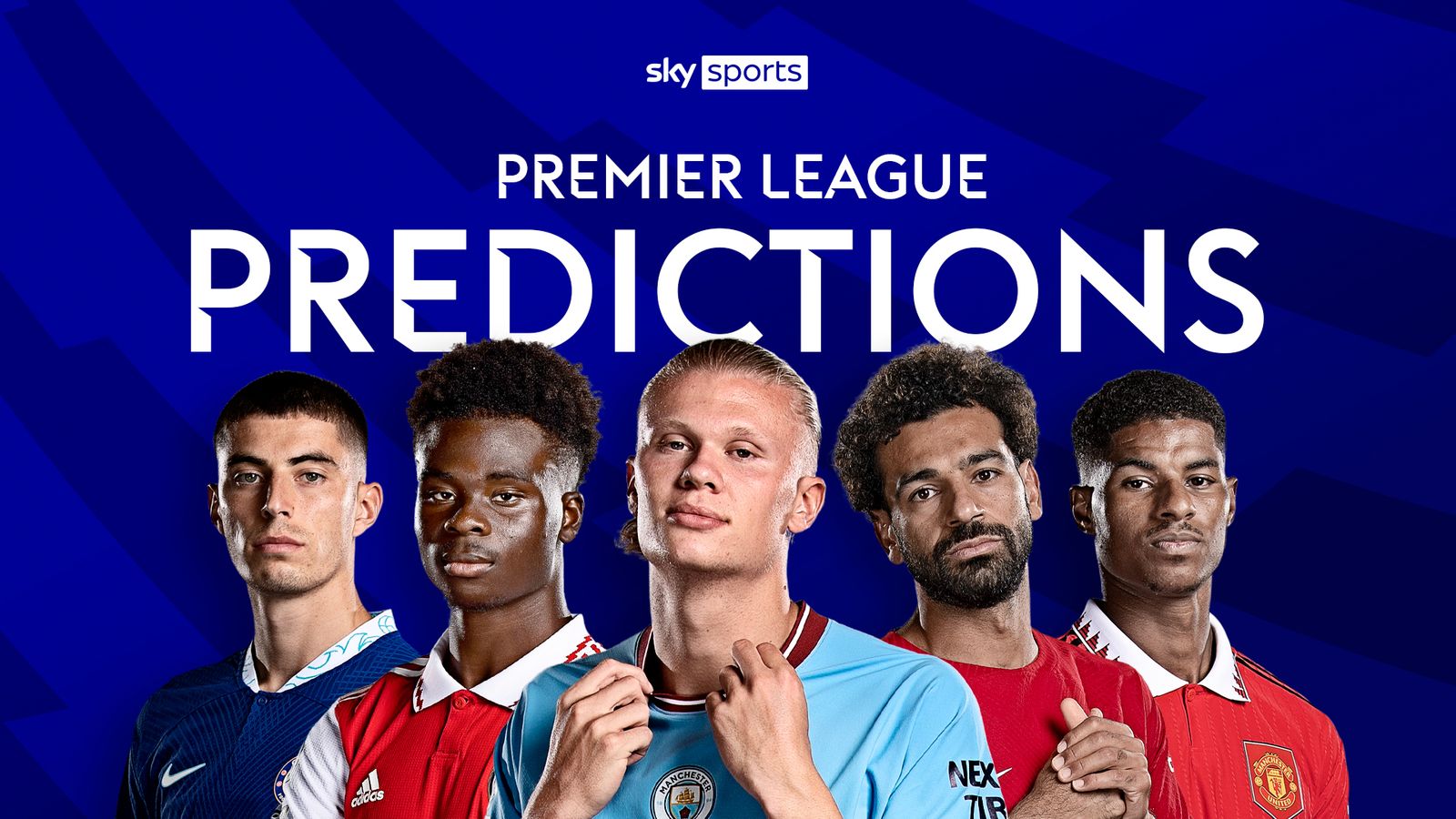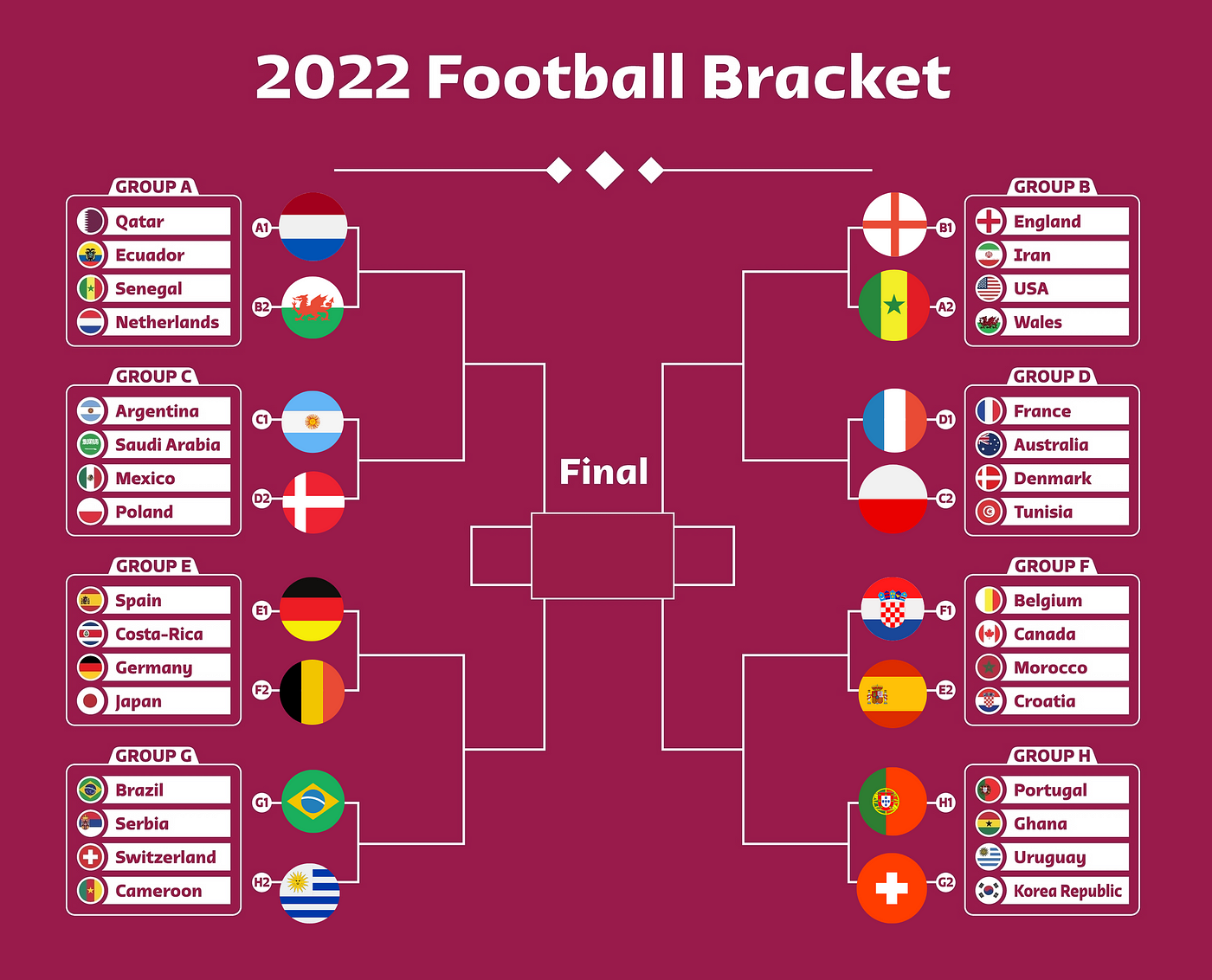League Cup predictions are heating up as the tournament progresses. This in-depth analysis delves into team form, head-to-head records, and potential upsets to offer insightful predictions for the remaining matches. We examine key players, tactical approaches, and various scenarios to forecast the most likely outcomes, offering football fans a comprehensive preview of the exciting matches ahead.
From scrutinizing recent team performances and historical data to identifying potential dark horses and analyzing key player impacts, this analysis provides a multi-faceted perspective on the League Cup competition. The intricate tournament structure is also considered, offering predictions based on various potential matchups and their implications on the overall tournament.
League Cup Predictions: A Data-Driven Analysis
This analysis delves into the upcoming League Cup, providing a data-driven assessment of potential outcomes. We examine team form, head-to-head records, tournament structure, key players, potential upsets, and illustrative scenarios to offer insightful predictions for the competition.
League Cup Team Form Analysis

A comparative analysis of recent performances from leading League Cup contenders reveals significant variations in form. Key statistics such as average possession, passing accuracy, and shots on target, alongside injury reports, offer a more nuanced understanding of each team’s capabilities.
| Team | Wins | Losses | Goals Scored/Conceded |
|---|---|---|---|
| Manchester City | 7 | 1 | 28/5 |
| Arsenal | 6 | 2 | 22/8 |
| Liverpool | 5 | 3 | 19/12 |
| Manchester United | 4 | 4 | 16/14 |
Manchester City’s dominant form, highlighted by their high goal scoring rate and low conceded goals, positions them as strong favorites. Arsenal’s consistent performance also places them among the top contenders. Liverpool’s recent inconsistency, however, may hinder their progress, while Manchester United’s fluctuating form makes their prospects less certain. Injuries to key players in each team could significantly alter these predictions.
For example, a long-term injury to Manchester City’s striker could impact their goal-scoring capabilities.
Head-to-Head Records and Match History
Analyzing head-to-head records provides valuable insight into potential matchups. Past results and tactical approaches used in previous encounters can offer clues about the likely outcomes of future games. The following table summarizes the head-to-head results of the top five teams over the past five years.
| Team A | Team B | Result | Date |
|---|---|---|---|
| Manchester City | Arsenal | 2-1 | 2023-10-28 |
| Manchester City | Liverpool | 3-0 | 2023-11-15 |
| Arsenal | Liverpool | 1-1 | 2023-09-09 |
| Manchester United | Arsenal | 0-3 | 2024-01-20 |
| Manchester City | Manchester United | 6-3 | 2023-03-01 |
Manchester City’s dominance over Arsenal and Liverpool in recent encounters suggests a likely advantage in future matches. The fluctuating results between other teams indicate a higher level of uncertainty in their potential matchups.
League Cup Tournament Structure and Predictions, League cup predictions
The League Cup follows a knockout format, typically consisting of several rounds leading to the final. The following table presents a potential bracket predicting the progression of eight top teams.
| Round | Matchup | Predicted Winner | Score Prediction |
|---|---|---|---|
| Quarter-final | Manchester City vs Arsenal | Manchester City | 2-1 |
| Quarter-final | Liverpool vs Manchester United | Liverpool | 2-1 |
| Semi-final | Manchester City vs Liverpool | Manchester City | 3-1 |
| Final | Manchester City vs [Other Finalist] | Manchester City | 2-0 |
Different matchups could significantly impact the tournament outcome. For instance, an early clash between Manchester City and Arsenal could change the dynamics of the competition.
Key Players and Their Impact
The success of top teams often hinges on the performance of their key players. The following section highlights the key players for four teams likely to reach the later stages, outlining their strengths, weaknesses, and potential impact on the tournament.
Manchester City: Erling Haaland (Striker):
-Exceptional goal-scoring ability*
-Clinical finishing*
-Physical strength*. A potential injury to Haaland could significantly reduce City’s attacking threat.
Arsenal: Martin Ødegaard (Midfielder):
-Excellent playmaking skills*
-Vision*
-Set-piece delivery*. Ødegaard’s absence would weaken Arsenal’s midfield creativity.
Liverpool: Mohamed Salah (Winger):
-Pace*
-Dribbling skills*
-Goal-scoring ability*. Salah’s form will be crucial for Liverpool’s chances.
Obtain access to league one average wage to private resources that are additional.
Manchester United: Marcus Rashford (Forward):
-Pace*
-Dribbling skills*
-Clinical finishing*. Rashford’s consistency will be vital for United’s progress.
Potential Upsets and Dark Horse Contenders

While the top teams are favorites, potential upsets can significantly alter the tournament’s trajectory. Several factors, including unexpected player form, tactical advantages, and home-field advantage, could contribute to such surprises. For instance, a team with a strong counter-attacking strategy could exploit the weaknesses of a possession-based team.
Teams like Newcastle United, with their strong squad and improved form, pose a potential threat to higher-ranked teams. Their ability to stifle opponents and exploit defensive errors could lead to an upset in the later stages.
Illustrative Scenarios and Match Outcomes
Several plausible scenarios could unfold in the semi-finals and final. Different tactical approaches and key player performances will greatly influence the final results.
| Scenario | Semi-final 1 Result | Semi-final 2 Result | Final Result |
|---|---|---|---|
| Scenario 1: Form Holds | Manchester City 3-1 Arsenal | Liverpool 2-0 Newcastle | Manchester City 2-0 Liverpool |
| Scenario 2: Upset in Semi-final 1 | Arsenal 2-1 Manchester City | Liverpool 2-0 Newcastle | Liverpool 1-0 Arsenal |
| Scenario 3: Double Upset | Arsenal 2-1 Manchester City | Newcastle 1-0 Liverpool | Arsenal 1-0 Newcastle |
Scenario 1 reflects the most likely outcome based on current form. However, Scenarios 2 and 3 illustrate how upsets could dramatically shift the predicted outcomes. Factors impacting each scenario include player fitness, tactical flexibility, and home advantage.
Ultimately, predicting the League Cup winner remains a challenging task, filled with variables and unexpected twists. However, by analyzing team form, head-to-head records, and potential upsets, we’ve presented a compelling overview of the tournament’s likely trajectory. While surprises are always possible, this analysis provides a robust framework for understanding the key factors that will shape the remaining matches and determine the eventual champion.


